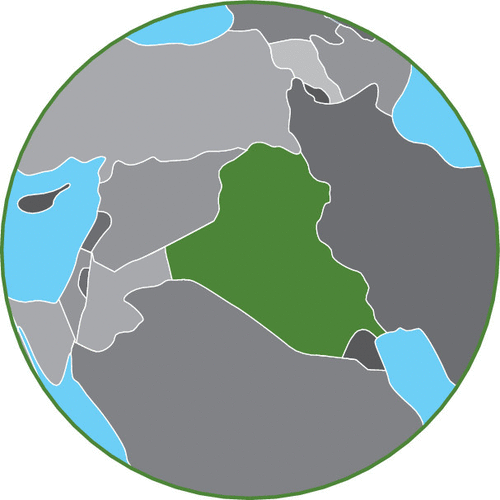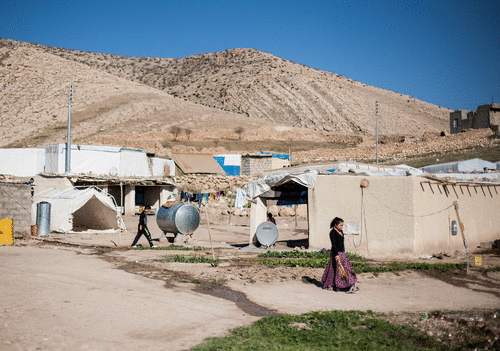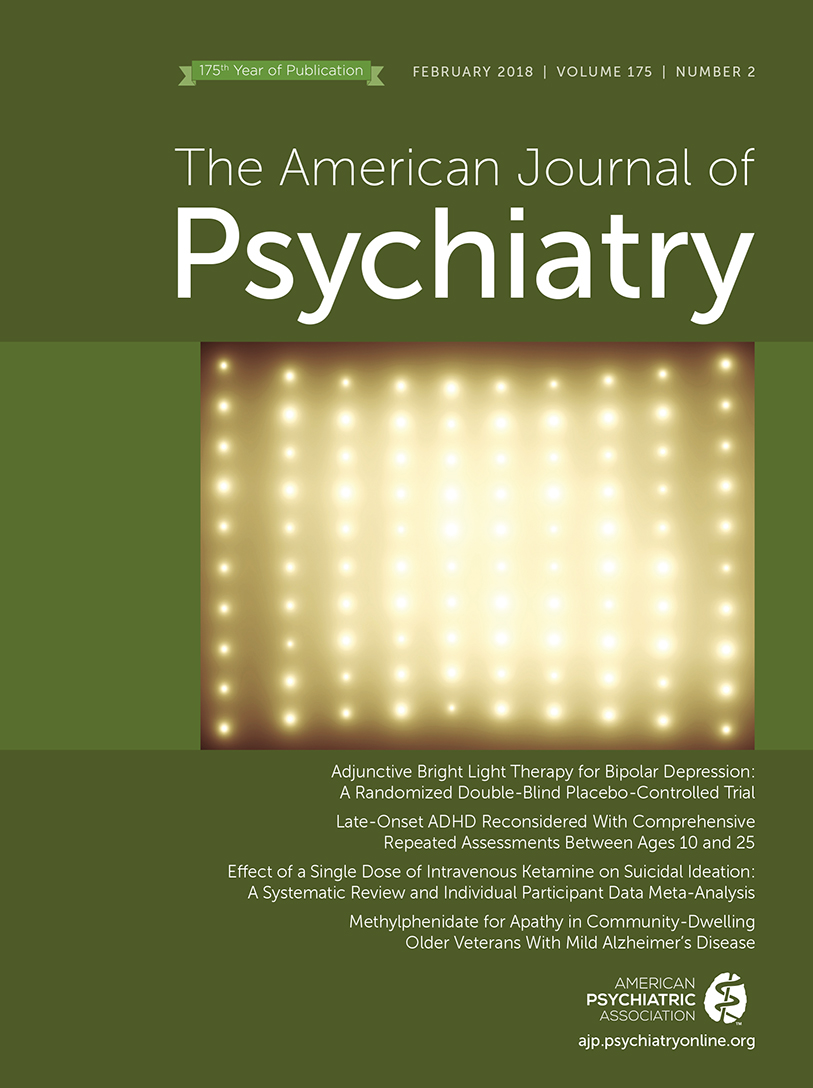The “Loss of Pride” Syndrome in Yazidi Refugees

“I wish I had been taken that day with my little daughters, or that we had died all together”—this was a desire expressed by “Ms. A,” a mother who escaped the Islamic State of Iraq and Syria (ISIS) attacks but whose daughters were kidnapped during the attacks. Consequently, she is not capable of enjoying her life anymore because of her feelings of guilt and shame. In DSM-5, this situation is described in criterion D of posttraumatic stress disorder (PTSD) as “persistent, distorted cognitions about the cause or consequences of the traumatic event(s) that lead the individual to blame himself/herself or others” (1). However, for Yazidis who survived the atrocities of ISIS, guilt and shame are more than what can be conveyed in a simple diagnostic criterion.
Ms. A is a young woman who escaped ISIS 3 years ago, in August 2014. She was living in Sinjar, in northern Iraq, when ISIS militants entered her town and initially warned all Yazidi inhabitants that they had to stay in their homes and promised them that nothing would happen to them if they complied. One day, when Ms. A was hiding with three of her children in a room of her house, ISIS militants appeared and kidnapped her two daughters, both under age 12, who were playing outside in the garden. She came to consultation for the first time with pictures of her daughters, of whom she had received news 2 days earlier. The pictures showed the two girls inside a house, looking apparently healthy but with tense expressions on their faces. Ms. A shared her joy in hearing from them, as it had been over 6 months since she had any news from them. She knows now that they are in Raqqa, Syria.
Soon enough during her first consultation, her joy switched to intense feelings of guilt and shame as she remembered the day she was hiding with her children and she heard the screams and cries for help from her captured daughters. This is what she remembers the most about them: the moment ISIS militants snatched them and she didn’t help them. She decided to stay inside to protect her other children, and she cannot stop blaming herself for making such a decision.
During the past 3 years, she has been suffering from sad mood, disturbed sleep, lack of interest and concentration, and a loss of energy and appetite. She also hears her daughters’ voices, screaming for her to help them, whenever she thinks about that horrible day. Although she now lives with her husband and her other three children in Amedi, a district in the Dohuk region of Kurdistan, she has a fixed reference to the time when all her family lived united in peace, pride, and dignity.
Psychotherapeutically, we challenged Ms. A’s ideas that some different course of action would have protected her two daughters from kidnapping. On reflection, she came to understand that she could not have done anything better to save her daughters and that her actions prevented her other children from being caught. One strategy that helped her was to repeat “I did all I could have done,” and “my other children are here safe because of me.”
Yazidis are an ethnically Kurdish community who mainly live in Nineveh province in northern Iraq, in Syria, and in southeast Turkey. They speak a shared Kurdish dialect (Kurmanji) and practice Yazidism, a closed religion dating back the Sumerian period. Yazidis worship “Xwede,” the only God, who created the world and sent seven angels to protect it. They have been accused by other religions of worshiping the devil and have suffered from genocidal attacks throughout their history. The recent ISIS genocide brings previous episodes of destruction and holocaust to their minds, along with feelings of guilt and shame (2, 3).
During the summer of 2014, ISIS occupied Iraqi and Syrian territories with the aim of establishing a caliphate (4). ISIS subjugated the Nineveh governorate in northern Iraq and, on Aug. 3, 2014, launched a coordinated attack on Sinjar city and surrounding towns and villages, forcing Yazidis to seek refuge on Mount Sinjar. Those who could not flee in time were either killed or kidnapped (5). Since then, several hundred thousand Yazidis have been transferred from Mount Sinjar to several camps near Dohuk city (Figure 1). For Yazidis, guilt, shame, and comorbid depression are frequent, but a determined, long-standing ethnic pride has been a source of strength as they suffer yet another episode in their history of genocide (6, 7).

FIGURE 1. A Partial View of Amedi Camp for Yazidi Refugees in Dohuk District, Northern Iraq (courtesy of Kristóf Hölvenyi/Jesuit Refugee Service).
1
2 : Ethnic mobilization in post-Soviet Georgia: the case of the Yezidi-Kurds. Journal on Ethnopolitics and Minority Issues in Europe 2007; 6:1–19Google Scholar
3 : Christians, Yazidis, and Mandaeans in Iraq: a survival issue. Digest of Middle East Studies 2009; 18:1–16Crossref, Google Scholar
4 : Displaced Iraqi families in Kurdistan: strangers in a strange land. Am J Psychiatry 2016; 173:16–17Link, Google Scholar
5 : Mortality and kidnapping estimates for the Yazidi population in the area of Mount Sinjar, Iraq, in August 2014: a retrospective household survey. PLoS Med 2017; 14:e1002297Crossref, Medline, Google Scholar
6 : Psychiatric symptoms and disorders among Yazidi children and adolescents immediately after forced migration following ISIS attacks. Neuropsychiatr 2016; 30:145–150Crossref, Medline, Google Scholar
7 : Posttraumatic stress and depression in Yazidi refugees. Neuropsychiatr Dis Treat 2016; 12:2941–2948Crossref, Medline, Google Scholar



